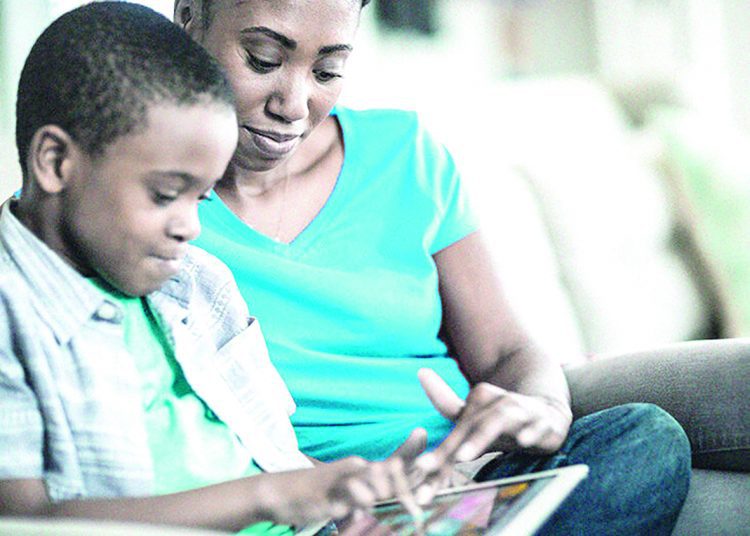There is no question that the disruption of Covid-19 lockdowns and physical distancing measures has had a profound psychological and economic impact on many people.
For many, the normally frantic pace of life has ground to a halt. However, a new study from researchers at the University of Bath in the United Kingdom and the University of Lisbon in Portugal finds that being forced off life’s usual merry-go-round may not be all bad.
When people were asked, “Do you think there are any positives to come out of this pandemic and the social distancing restrictions?” 88.6 per cent responded “yes.”
The study, published in the British Journal of Psychiatry, finds that hardships caused by the Covid-19 pandemic can offer an opportunity for what the study refers to as “post-traumatic growth.”
Stay informed with live updates on the current Covid-19 outbreak and visit our coronavirus hub for more advice on prevention and treatment. According to lead author Prof. Paul Stallard of the University of Bath’s Department for Health, there is no doubt about the pandemic’s negative toll:
“But that is not the full story. Many respondents in our study emphasised what we had heard anecdotally about some of the positive effects people have derived from leading their lives in quieter, slower ways because of lockdowns.”
An unexpected upside
The researchers drew their conclusions from the results of an online questionnaire completed by 385 caregivers from the UK and Portugal. Of them, 185 were in Portugal, and 200 were in the UK
The majority of the respondents were mothers who had intact nuclear families with one or two children, Medical News Today said.
The children in their care were aged 6–16. The questionnaires were completed between May 1 and June 27, 2020.
Nearly three-quarters of the participants — 70.4 per cent — reported working exclusively at home. Of the children being cared for, 93 per cent were learning from home via remote learning. The individuals in Portugal were more likely to have a single child in their care.
Just less than half of the individuals — 45.2 per cent — reported making less money than usual during the pandemic. For the Portuguese participants, this loss of income was greater than 30 per cent, although the individuals were more likely to be employed full time.
Post-traumatic opportunity
The survey respondents identified four primary areas of personal growth that resulted from the interruption of their normally busy lives.
As many as 48 per cent of the respondents reported a renewed appreciation for their family.
Caregivers said they spent more time with their families, which led to, as one participant put it, “closer relationships and a better understanding of each other.” People also said they appreciated being more involved in their children’s lives.






Discussion about this post